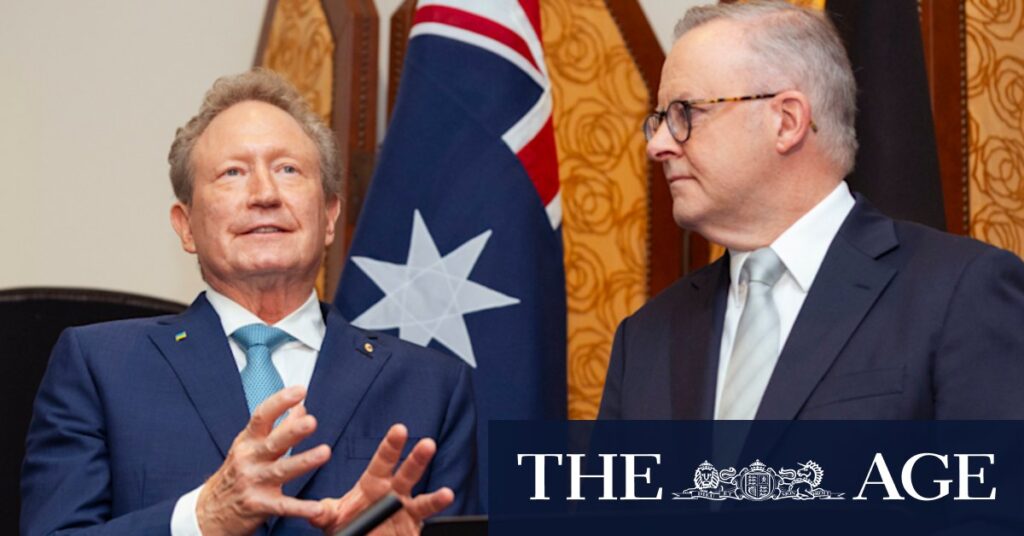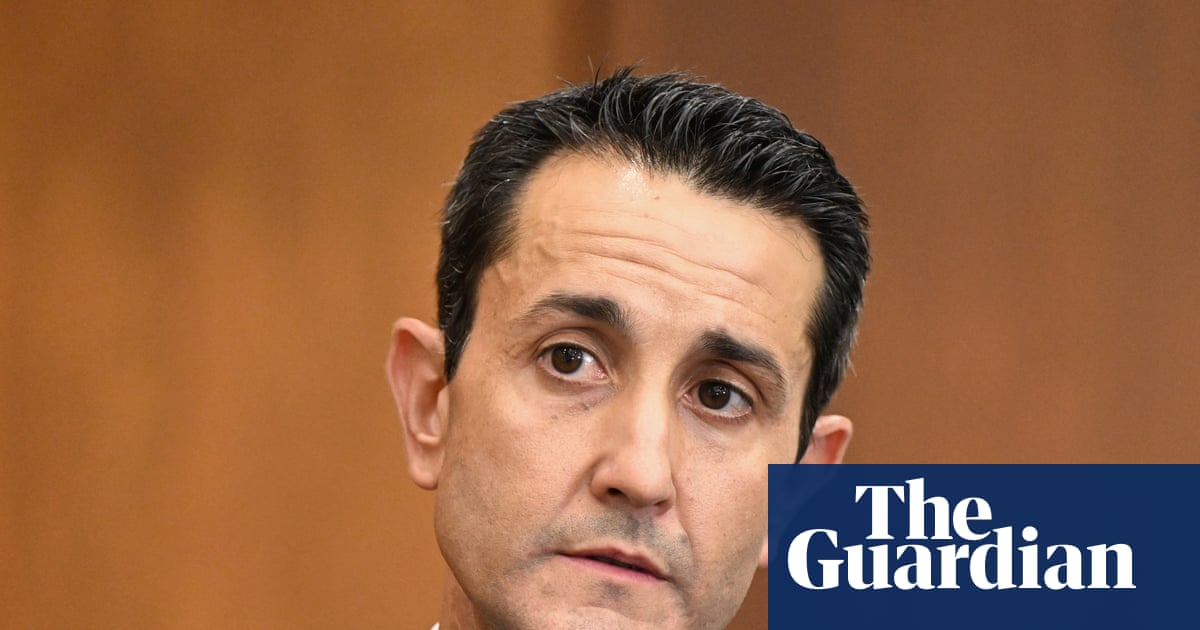
Prime Minister Anthony Albanese is facing a significant policy challenge as major corporations, spearheaded by Andrew Forrest’s Fortescue, call for a substantial 75% reduction in Australia’s emissions. This demand coincides with the government’s climate adviser preparing to recommend a target for 2035, marking a pivotal moment in Australia’s climate policy.
After sidestepping a contentious debate on emissions during the May election by postponing a decision on the interim target required by the Paris Agreement, the Albanese government is now under pressure. The Climate Change Authority is expected to soon deliver its much-anticipated advice, potentially compelling the government to take decisive action.
Climate Targets and Political Implications
According to sources familiar with the Climate Change Authority’s deliberations, the body is likely to advocate for a 65% to 75% reduction in emissions by 2035. Such a recommendation could bolster calls for Prime Minister Albanese to leverage his parliamentary majority to legislate a bold climate target. This comes despite the United States’ recent retreat from aggressive climate measures and withdrawal from the Paris Agreement.
The Paris Agreement, a legally binding international treaty signed by nearly 200 parties, including Australia, commits signatories to progressively reduce emissions through five-year targets. The overarching goal is to prevent global average temperature increases from exceeding 2 degrees Celsius, with an aspirational target of limiting the rise to 1.5 degrees.
Industry Leaders and Environmental Advocates Weigh In
Andrew Forrest, a prominent business figure and environmental advocate, has been vocal about the need for Australia to adopt more ambitious climate policies. His company, Fortescue, is among several large firms urging the government to take stronger action. Forrest argues that transitioning to a low-carbon economy presents significant opportunities for innovation and economic growth.
“Australia has the potential to be a global leader in renewable energy. By committing to substantial emissions reductions, we can drive economic growth and create jobs in emerging industries,” Forrest stated in a recent interview.
Environmental groups have echoed this sentiment, emphasizing the urgent need for Australia to align its policies with the global push towards sustainability. They argue that failing to act decisively could result in economic and environmental repercussions, as well as diminished international standing.
Historical Context and Future Prospects
The current debate over emissions targets is reminiscent of past climate policy struggles in Australia. Previous governments have grappled with balancing economic interests and environmental responsibilities, often resulting in policy reversals and public debate.
Experts suggest that the Albanese government’s decision will have far-reaching implications. By setting an ambitious target, Australia could position itself as a leader in climate action, potentially influencing other nations to follow suit. Conversely, a conservative approach might undermine global efforts to combat climate change.
“The next few months will be crucial for Australia’s climate policy. The government’s response to the Climate Change Authority’s recommendations will signal its commitment to addressing one of the most pressing issues of our time,” noted Dr. Sarah Johnson, a climate policy expert.
As the government prepares to receive the Climate Change Authority’s advice, all eyes are on Prime Minister Albanese and his administration. The decision they make will not only shape Australia’s environmental future but also its role on the international stage.
Meanwhile, stakeholders from various sectors continue to advocate for policies that reflect the urgency of the climate crisis. The coming weeks are expected to bring further developments as the government navigates this complex and critical issue.







